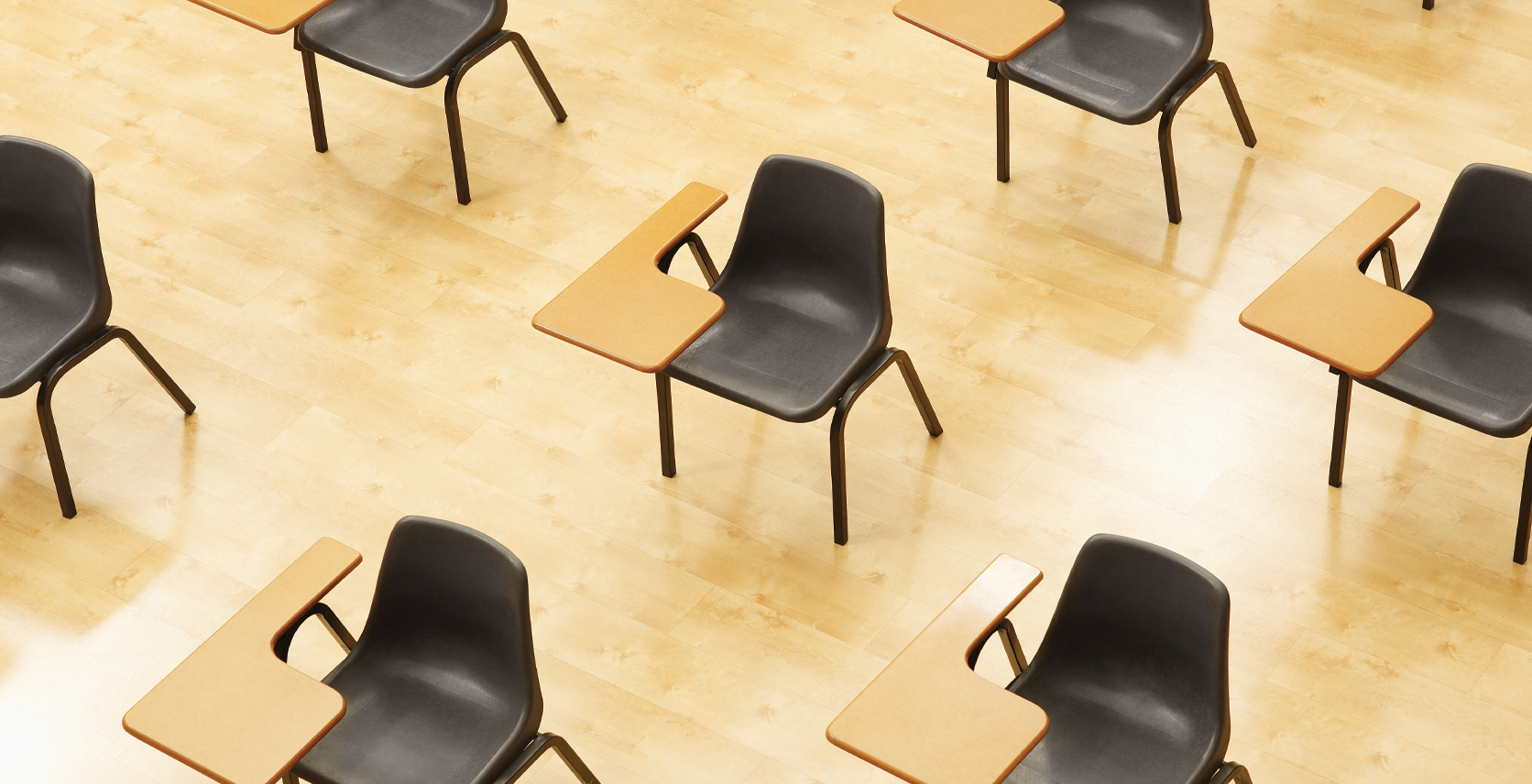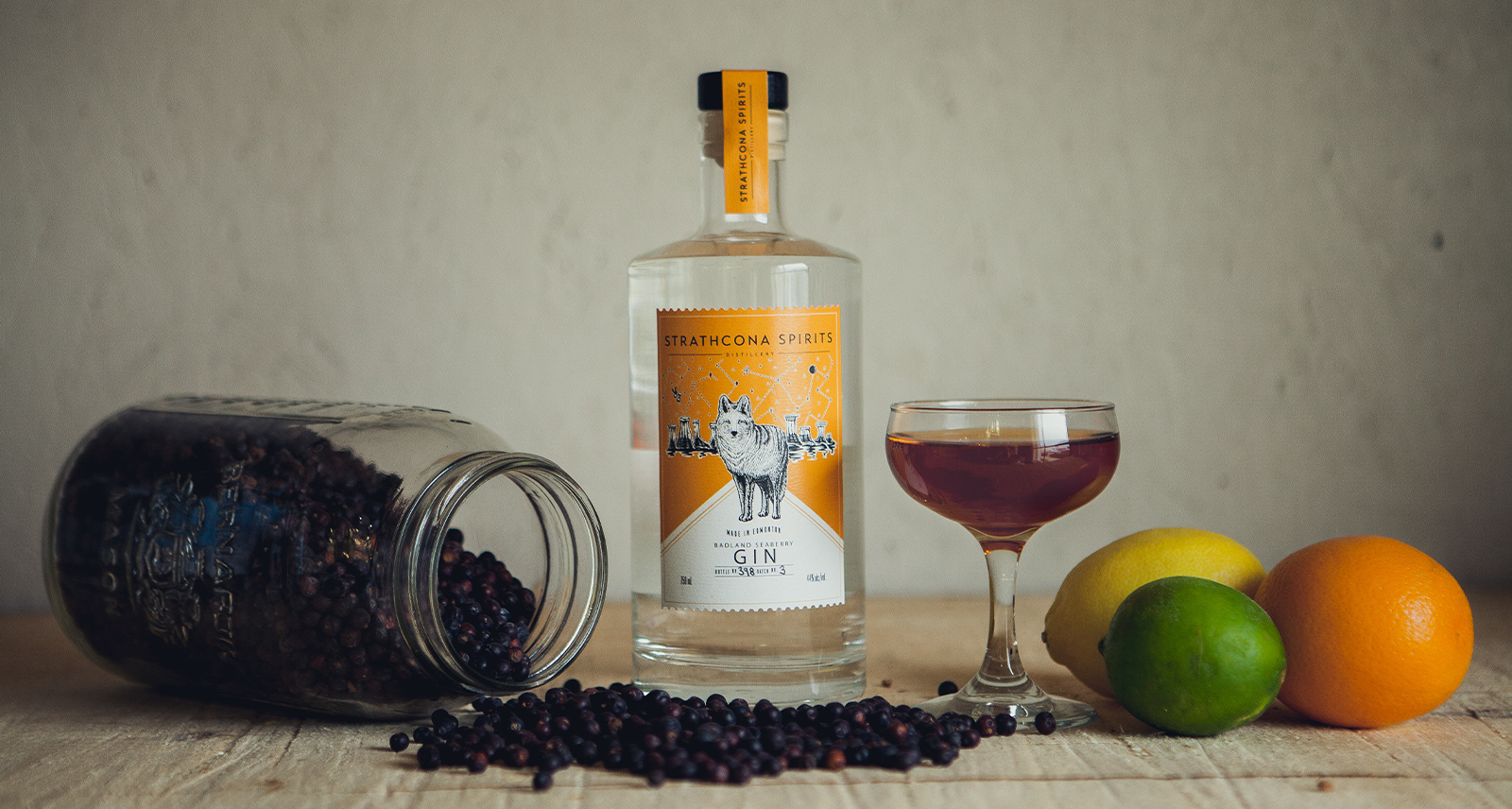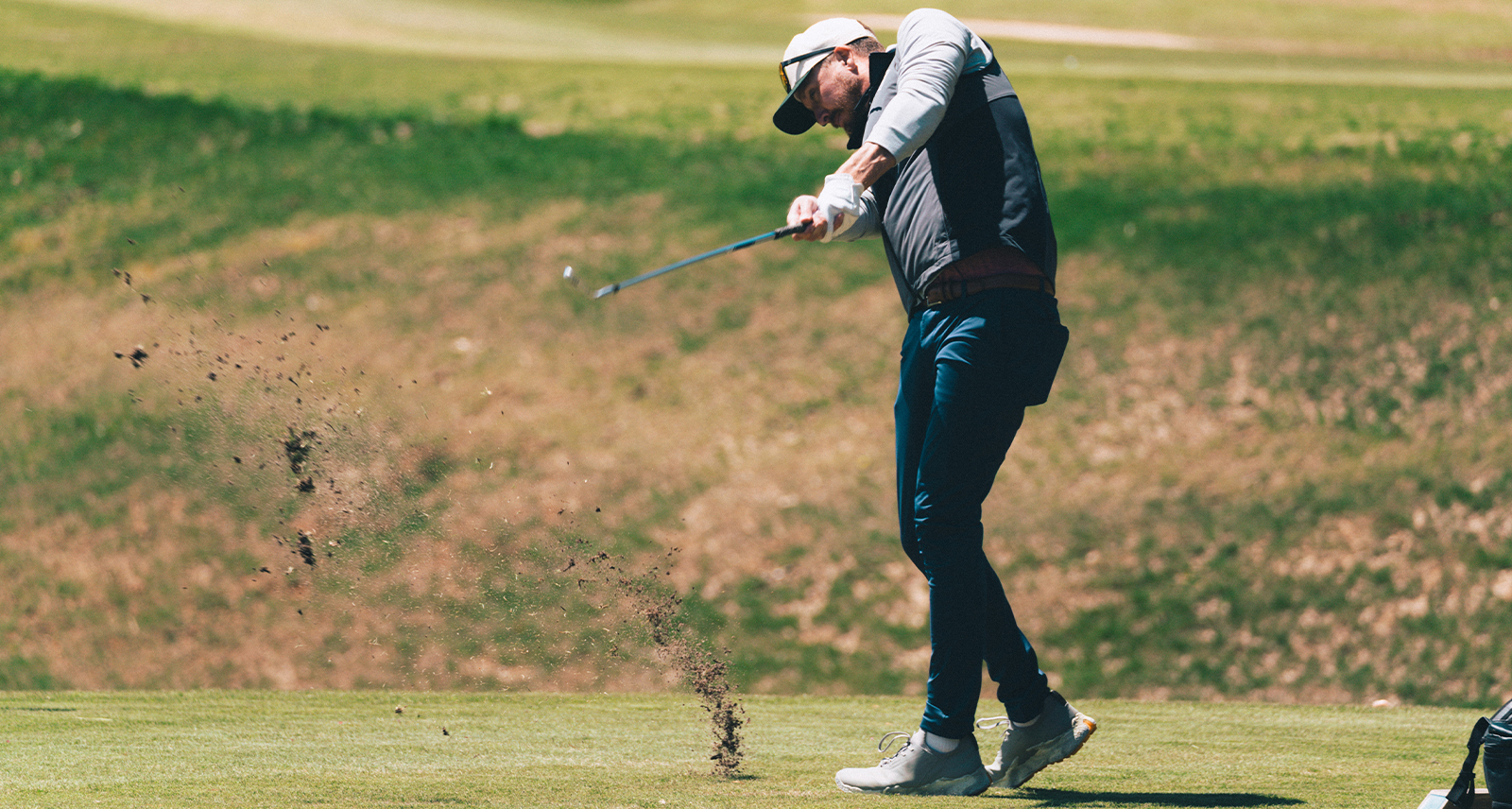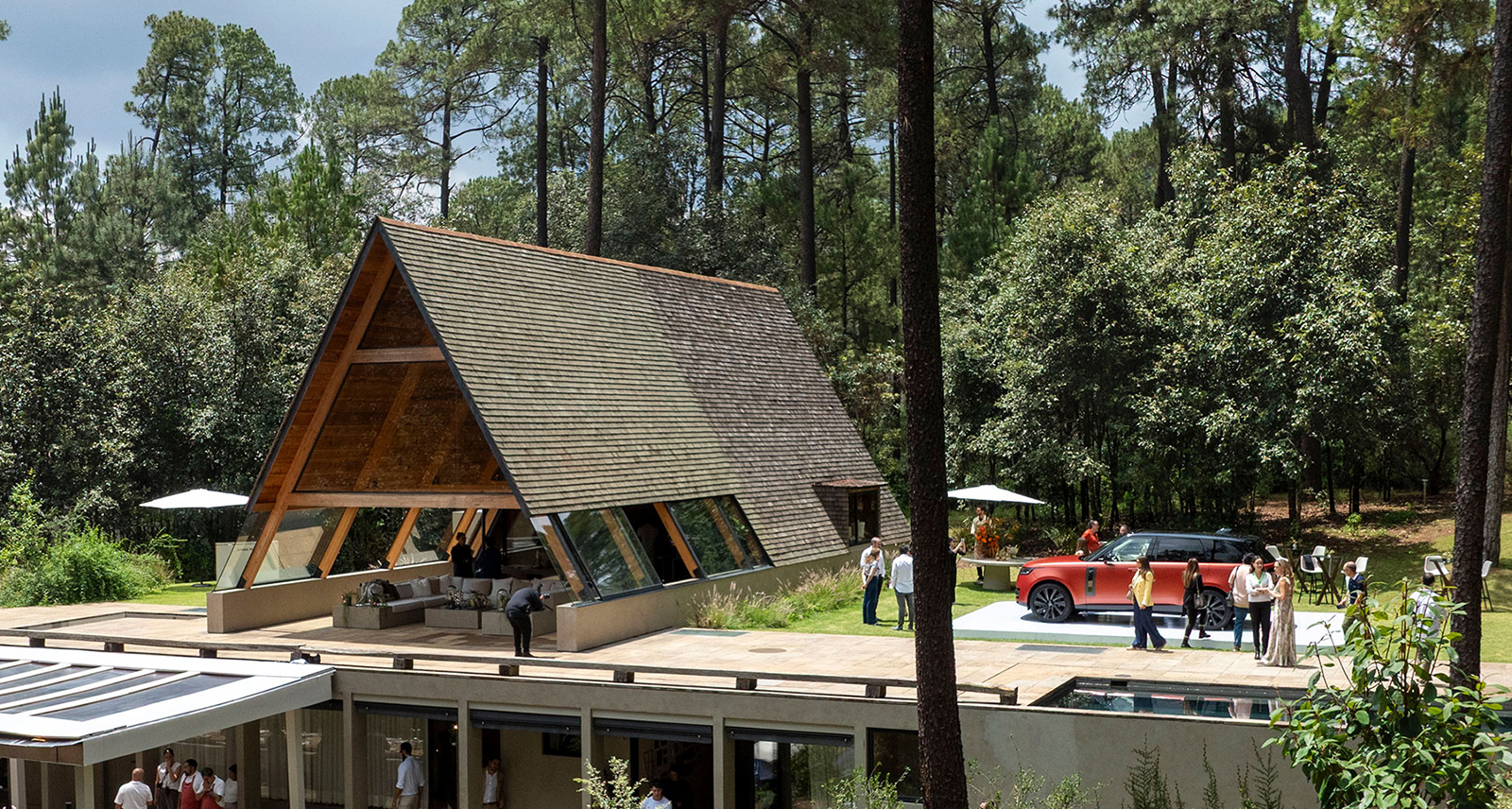Why You Should Be Comfortable with the Things You Can’t Do
When a friend invited me to join him on a cycling tour of wineries in the Niagara region last summer, I promptly changed the subject. “Will you get a chance to see any plays at the Shaw Festival?” I have nothing against Ontario wines, which are very fine indeed, or against the scenic roads around Niagara-on-the-Lake that even a countryside-averse person like me came to appreciate during my tenure as a theatre critic at the Globe and Mail. It was the cycling part I dreaded.
I’m a fiftysomething urbanite who has never learned to ride a bike. Correction: I tried in my thirties and, after several lessons, failed miserably. The same goes for swimming, which I started learning with an experienced coach in my late twenties, only to give up after a few lessons at a local pool just outside Nottingham, England, where I lived then. Driving is out of the question for me. Ditto for skating, ice or roller, horseback riding, and almost any sport that requires an effort beyond brisk walking steps.
As millions of Canadians take to the outdoors with abandon in the short summer months — bring on the road trips, the cycling tours, the pool and lake dips — I prefer to spend the warmer season examining my inner life more thoroughly. The spectre of failure can be devastating to any ego, but I end up patting myself on the back for realizing and living within my abilities. It’s not always easy, and moments of doubt and insecurity creep in every summer just as pushing your body to its extremes becomes a national pastime.
To many, my lack of such basic practical skills raises questions about my body, doubts about my gender identity — “What man can’t ride a bike?” — and concerns over my mental abilities, or at least my nerves. I must be deprived and disadvantaged on some level, they argue. I don’t recognize the man they see in me. I’ve managed not just to survive, but thrive despite what I can’t do.
“I find the cult of ‘You can do anything’ to be unforgiving and indulgent. Coming to terms with what I can’t do has formed the basis of a healthy outlook on life.”
Mulling this over, I did what every responsible man in the 21st century would do when faced with a philosophical question: I hit the Internet. To my relief, I found that almost 44 per cent of American adults, for example, would fail a basic swimming test, according to a study by the Red Cross. Singer John Legend “came out” on Twitter earlier this year to reveal that he was taking swimming lessons in his forties. His own father learned in his sixties. Instructional videos, step-by-step guides, and first-person stories about adults who wish to learn one of these skills — or have indeed mastered it later in life — abound. What I couldn’t find is any scientific or psychological reason for my inability to crack all of them. Those who can’t bike might still know how to swim. How did this happen?
I grew up as a mama’s boy in Beirut and Cairo — two big, chaotic, and at times violent cities. My mother was an overprotective parent by any measure, and when it came to me, her youngest child, maternal instincts kicked into overdrive. The streets were not sites for wonder and discovery but danger zones with killer vehicles and monstrous buses. I retreated to an inner world of reading and writing where we both felt safe. I acquired books instead of skills.
I’m a better reader and writer because I’ve learned to express myself through my words and not my body. (And did I mention I can’t dance to save my life?) I’ve become a better listener and companion, as I’m more interested in conversation than competition. To me, the impact of a good friendship should be felt and sensed, and not just demonstrated in action. And no one can figure out the bus and underground systems of any city as fast as I can, having had to rely on public transport all my life. It has made metropolises like New York or London more accessible and intimate. It also introduced me to walking, not for its physical benefits, but as a gateway to the heart of cities — and as the cheapest therapy session in the world. I’ve dealt with life’s ups and downs through gentle, quiet walks that give me time away from home or office to make decisions and take stock of where I am.
Coming to terms with what I can’t do has formed the basis of a healthy outlook on life. As a Gen-Xer who is also close enough in age to the baby boomers, I find the cult of “You can do anything” to be unforgiving and indulgent. Yes, we’re never too old to learn new skills and keep our minds and bodies active, but there will be things we can’t figure out and obstacles we won’t overcome. Acknowledging that is a more sane option than agonizing over what you can’t handle, and that doesn’t make any of us a lesser human. Readers of this column know by now that I’m critical of the “self improvement” culture in North America, mainly because it limits changes to such tangible or practical results as weight loss or a better job.
I was disappointed when I read a recent news story about a school in Windsor, Ontario, that offered “adulting” classes to its Grade 12 students that consisted mostly of car and home maintenance, cooking, and sewing. Practicality has its place, but so does the intangible and indefinable — the moments of emotional honesty and comfort with yourself as you are, and not as others would like or expect you to be. Transitioning into an adult requires some serious emotional work as well. A classroom is the ideal place to start this process.
It took a while, but I can finally say that I’m at a stage in life where I feel more content and happier compared to the times in my life when I tried to learn to swim or cycle. I like that I gave it a go, but I love that I gave it up. I don’t see myself tipsily pedalling through the Niagara region or taking a midnight swim in Lake Huron; my idea of a good time is a glass of wine that a waiter brings to my table, a fine meal and conversation with friends on dry land, and catching the subway home in time for an hour or two of bedtime reading. These skills I’ve mastered.










